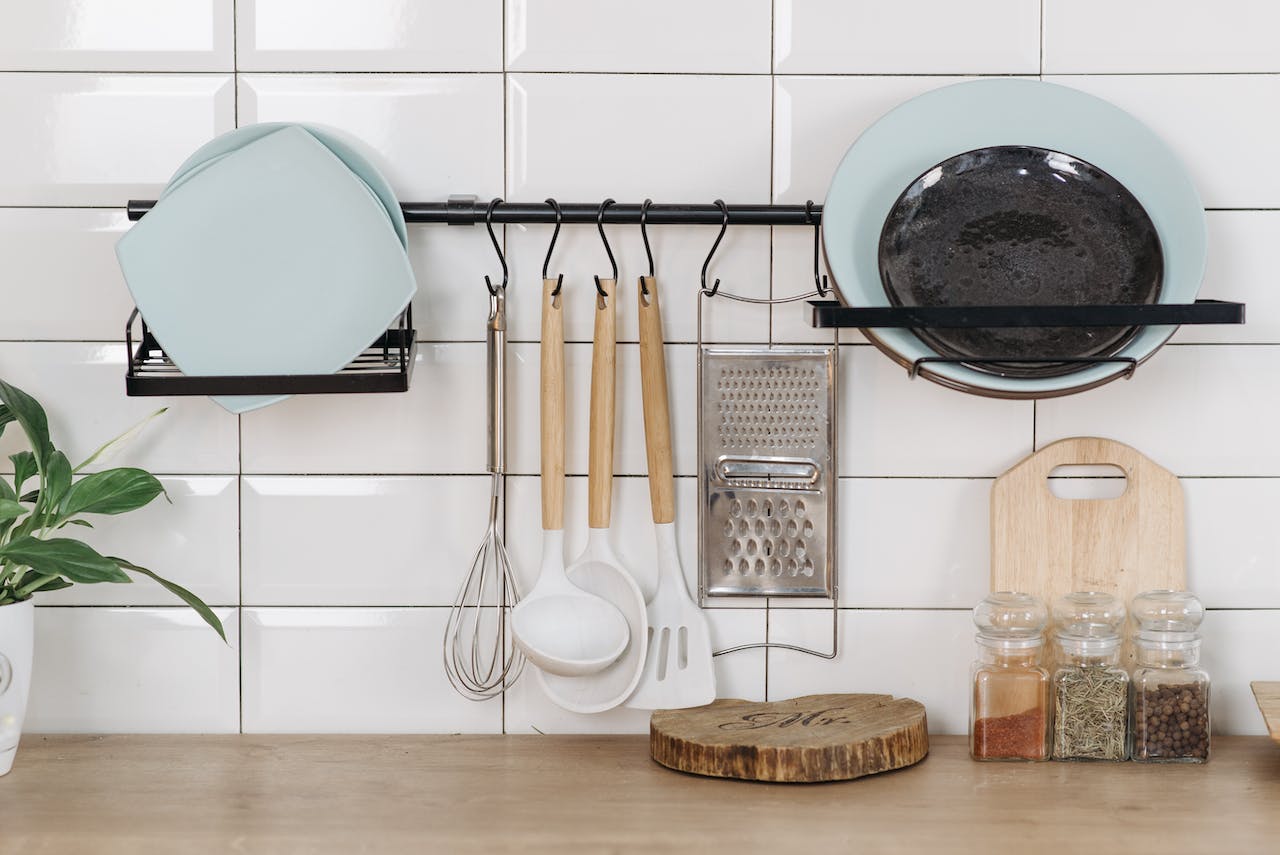Introduction:
As the world becomes increasingly aware of the environmental impact of our daily choices, the demand for sustainable living practices has grown significantly. One area where individuals can make a tangible difference is in their kitchens. By adopting sustainable kitchen products, consumers can reduce their ecological footprint and contribute to a healthier planet. In this article, we’ll explore various sustainable kitchen products that promote eco-friendly living.
Embracing Eco-Friendly Culinary Spaces: A Guide to Sustainable Kitchen Products
1.Reusable Food Storage Containers:
Traditional single-use plastic containers contribute to the growing issue of plastic pollution. Opting for reusable alternatives made from materials like glass, stainless steel, or silicone helps reduce waste. These containers are durable, easy to clean, and eliminate the need for disposable options, contributing to a more sustainable kitchen.
2. Bamboo Utensils:
Bamboo, a fast-growing and renewable resource, is an excellent alternative to traditional wood or plastic utensils. Bamboo utensils are lightweight, durable, and biodegradable, making them an eco-friendly choice for cooking and serving.
3. Beeswax Wraps:
Say goodbye to plastic wrap and embrace beeswax wraps for covering and storing food. These wraps are made from organic cotton infused with beeswax, tree resin, and jojoba oil. They are washable and reusable, providing a sustainable solution to reduce single-use plastic waste.
5. Compostable Dishware:
For occasions when disposable dishware is necessary, consider compostable options. Plates, cups, and utensils made from materials like sugarcane, bamboo, or cornstarch are biodegradable and break down naturally, reducing the environmental impact associated with traditional disposable items.
6. Energy-Efficient Appliances:
Upgrading kitchen appliances to energy-efficient models can significantly reduce energy consumption. Look for appliances with the Energy Star label, indicating that they meet strict energy efficiency guidelines. Energy-efficient appliances not only save money on utility bills but also contribute to a more sustainable and eco-friendly kitchen.
7. Water-Saving Devices:
Conserving water is crucial for sustainable living. Installing water-saving devices, such as low-flow faucets and aerators, can significantly reduce water consumption in the kitchen. Additionally, fixing leaks promptly and using a dishwasher efficiently can contribute to water conservation efforts.
8. Eco-Friendly Cleaning Products:
Traditional cleaning products often contain harmful chemicals that can be detrimental to the environment. Switching to eco-friendly cleaning alternatives, such as biodegradable soaps and plant-based cleaners, ensures a safer and more sustainable approach to maintaining a clean kitchen.
9. Reusable coffee filters:
For coffee enthusiasts, reusable coffee filters made from stainless steel or cloth are an excellent sustainable choice. They eliminate the need for disposable paper filters and can be easily cleaned and reused, reducing waste and environmental impact.
Conclusion:
Creating a sustainable kitchen involves making conscious choices that prioritize the health of both individuals and the planet. By incorporating eco-friendly kitchen products, consumers can contribute to a more sustainable future. From reducing single-use plastics to embracing energy-efficient appliances, each choice made in the kitchen can have a positive impact on the environment. As awareness grows, the market for sustainable kitchen products continues to expand, providing consumers with a wide range of options to make their culinary spaces more eco-friendly.




